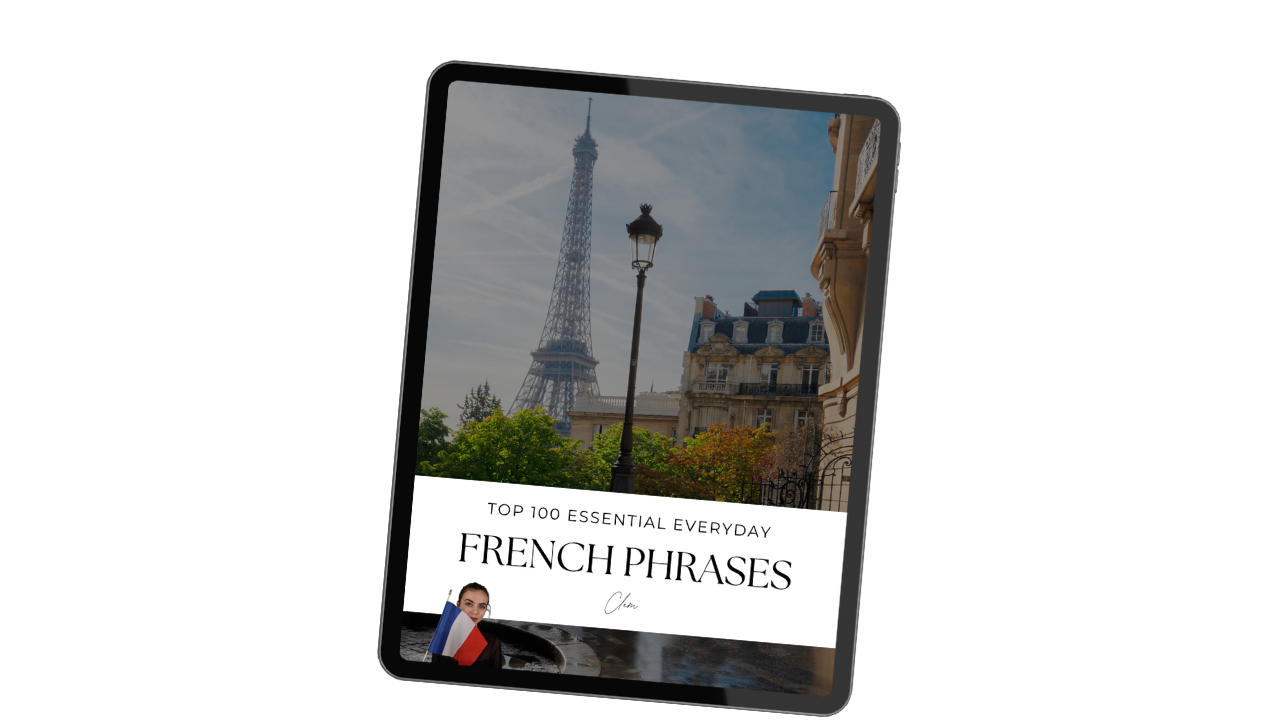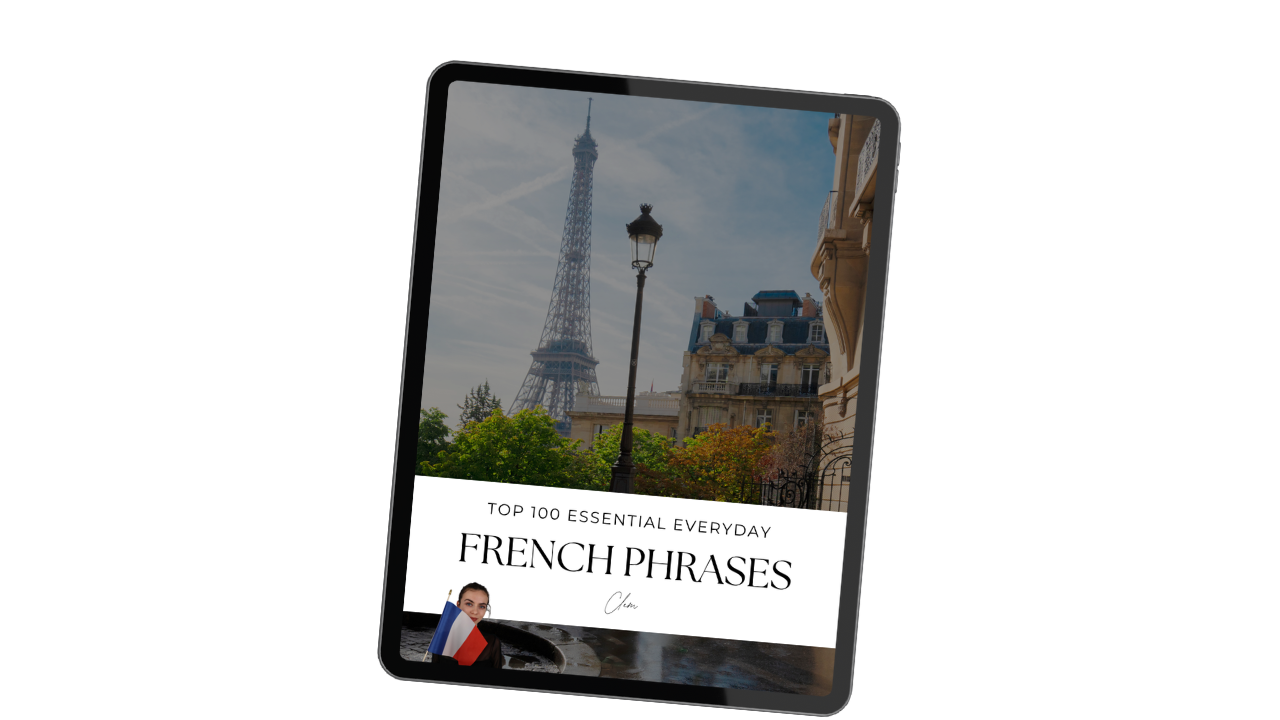
The Most Common French False Friends and How to Avoid Confusing Them
Aug 15, 2024Learning French can be a fascinating journey, but it comes with its own set of challenges. One of the trickiest aspects for learners is the presence of "false friends" or "faux amis"—words that look similar in French and English but have different meanings. Mistaking these can lead to confusion and even embarrassing misunderstandings. Here's a guide to some of the most common French false friends and tips on how to avoid mixing them up.
1. Actuellement vs. Actually
Actuellement: Means "currently" or "at the moment."
Example: Actuellement, je travaille sur un projet important. (Currently, I am working on an important project.)
Actually: Means "in fact" or "really."
Example: Actually, I don't like coffee.
2. Attendre vs. Attend
Attendre: Means "to wait."
Example: Je dois attendre le bus. (I have to wait for the bus.)
Attend: Means "to be present at" or "to go to."
Example: I will attend the meeting.
3. Assister vs. Assist
Assister: Means "to attend" or "to be present at."
Example: Je vais assister à la conférence. (I will attend the conference.)
Assist: Means "to help" or "to aid."
Example: Can you assist me with this task?
4. Blesser vs. Bless
Blesser: Means "to hurt" or "to wound."
Example: Il s'est blessé au genou. (He hurt his knee.)
Bless: Means "to confer blessing upon" or "to sanctify."
Example: The priest will bless the congregation.
5. Demander vs. Demand
Demander: Means "to ask" or "to request."
Example: Je vais demander des informations. (I will ask for information.)
Demand: Means "to insist on having" or "to require."
Example: The job demands a lot of effort.
6. Entrée vs. Entrée
Entrée: In French, it means "entrance" or "entry."
Example: L'entrée du bâtiment est par ici. (The entrance to the building is this way.)
Entrée: In American English, it means the main course of a meal.
Example: I ordered the steak entrée.
7. Grand vs. Grand
Grand: Means "big" or "tall."
Example: C'est un grand homme. (He is a tall man.)
Grand: In English, it can mean magnificent or impressive.
Example: The grand palace.
8. Librarie vs. Library
Librarie: Means "bookstore."
Example: J'ai acheté ce livre à la librairie. (I bought this book at the bookstore.)
Library: Means a place where books are kept for public use.
Example: I borrowed this book from the library.
9. Prétendre vs. Pretend
Prétendre: Means "to claim" or "to assert."
Example: Il prétend être le meilleur joueur. (He claims to be the best player.)
Pretend: Means "to act as if" or "to make believe."
Example: The child pretends to be a superhero.
10. Rester vs. Rest
Rester: Means "to stay" or "to remain."
Example: Je vais rester ici ce soir. (I am going to stay here tonight.)
Rest: Means "to relax" or "to take a break."
Example: I need to rest after a long day.
False friends can be a stumbling block in your journey to mastering French, but with awareness and practice, you can overcome these challenges. By understanding and correctly using these common false friends, you'll communicate more effectively and avoid embarrassing mistakes. Happy learning! Bon apprentissage!











